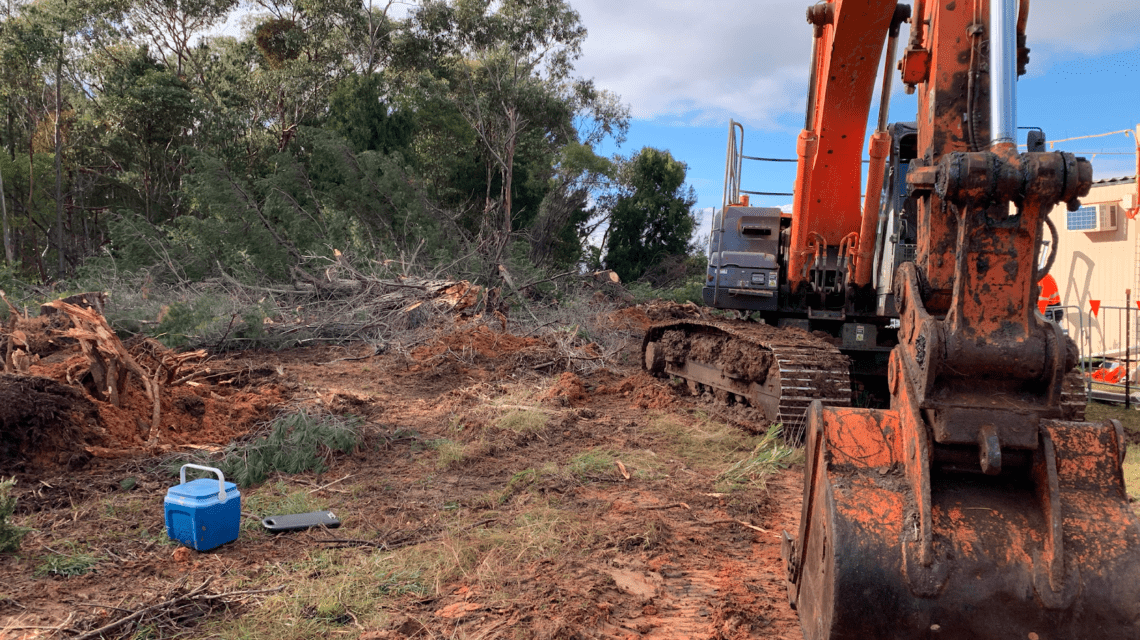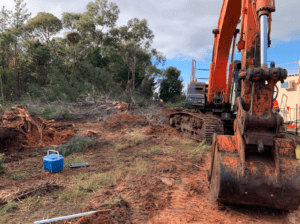
In Victoria, the Industrial Waste Management Policy 1999 (Waste Acid Sulfate Soils) requires that waste acid sulfate soils sourced from the premises be managed onsite according to the latest best practices to ensure prevention of adverse impacts on all beneficial uses of any element of the environment on and offsite. The Department of Sustainability and Environment developed the Victorian Best Practice Guidelines for Assessing and Managing Coastal Acid Sulfate Soils (BPMG) in 2010 to guide landowners, developers, planners and decision makers through a risk identification approach that will assist them to make decisions about the assessment and management of coastal acid sulfate soils.
iEnvi was engaged to assist the client investigate areas of potential acid sulfate soils (PASS) and create an acid sulfate soil management plan (ASSMP). Close to 50 samples were collected from 24 soil bores at different depths to identify the soil horizons of which potential acid sulfate soils (PASS) could be present during the development. pHF and pHFOX field tests which are a measure of pH before and after oxidation of soils were undertaken for all samples before delivered to the laboratory for further analysis (SPOCAS). From the investigation, the presence of PASS was mapped and an ASSMP was developed accordingly. Currently, iEnvi is executing the ASSMP which involves soil testing and water quality monitoring during construction development to safely manage acid sulfate soils.
RECENT PROJECTS
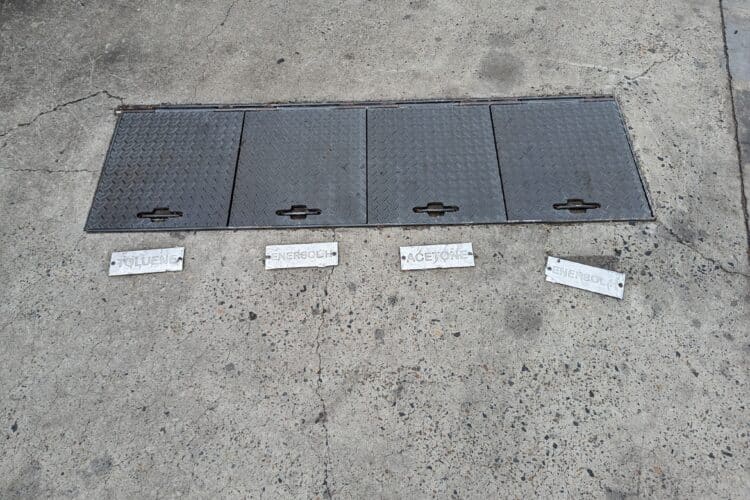
Environmental Delineation Investigation at Industrial Site in Northwest Sydney
Project Overview: iEnvironmental Australia (iEnvi) conducted a Delineation Investigation (DI) at anindustrial site located in the northwest of Sydney, following...
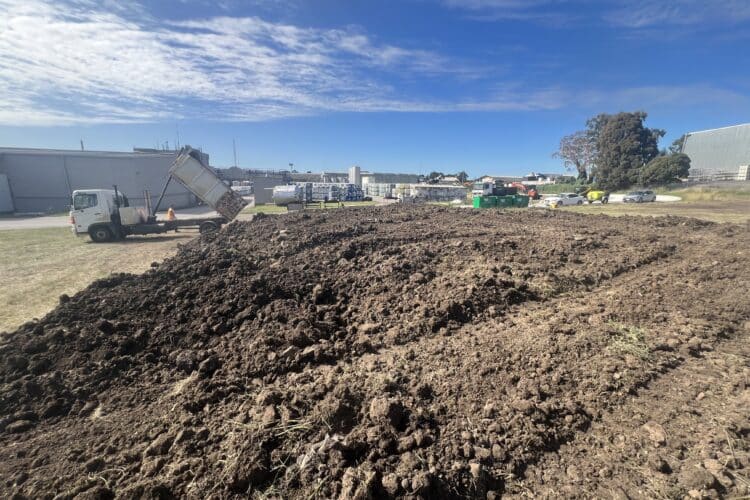
Compliance Investigation &Cost-Effective Remediation and Beneficial Reuse of Asbestos-Impacted Soil at Industrial Site in Victoria
The Victorian EPA requested an investigation at an industrial site in Coolaroo to meet General Environmental Duty requirements. iEnvironmental Australia...
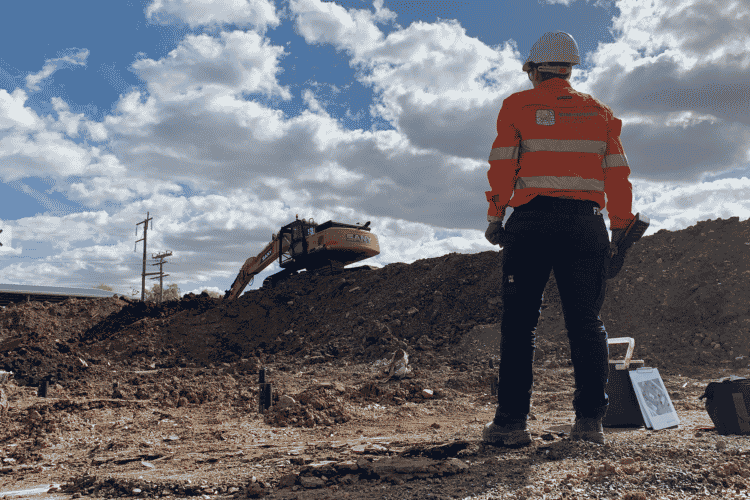
iEnvi's 100 Contaminated Land Experts in 2022!
iEnvironmental Australia's growth in the market means that we're looking at expanding our network of sub-consultants (independent contractors), with a...

Major NSW Infrastructure Project, Environmental Sampling and Waste Classification
iEnvironmental Australia (iEnvi) was engaged by Transport for NSW (TfNSW) to provide waste classification and beneficial reuse assessment near the...
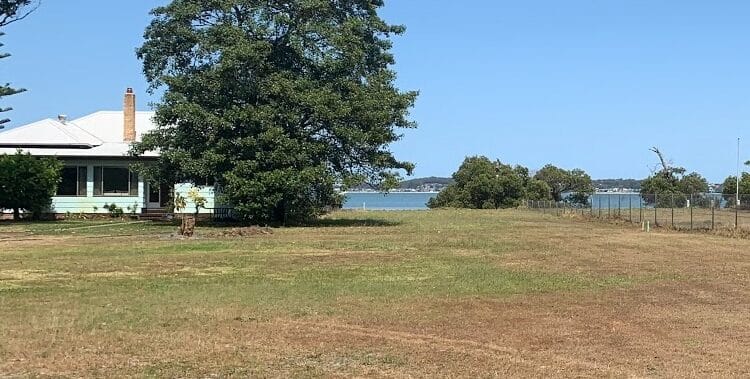
Former Oyster Farm Investigation for Residential Development
iEnvi was engaged by the client to complete a Targeted Soil Assessment relating the footprint of a shed previously located...
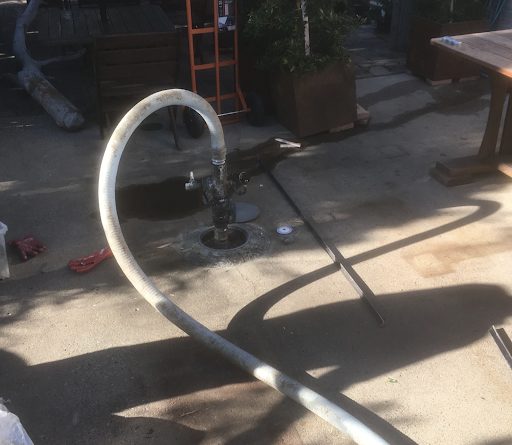
UPSS Abandonment Insitu Via Foam Filling, Sunshine Coast QLD
iEnvi was engaged by a local restaurant owner to manage the decommissioning and abandonment of three underground storage tanks (USTs)...
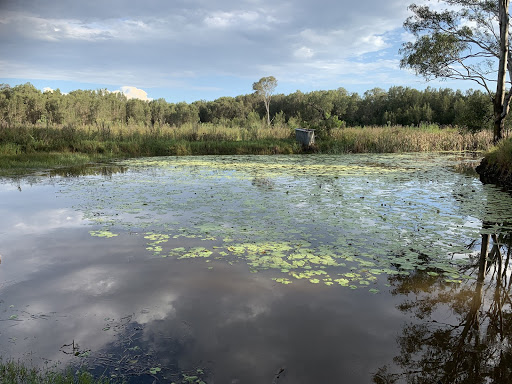
Construction Environmental Management Plan for a Sports Complex, South East QLD
iEnvi were engaged by an engineering firm on behalf of a regional council to undertake a Construction Environmental Management Plan...

Microbiologically Influenced Corrosion Preliminary Study, Mornington Peninsula VIC
Microbiologically Influenced Corrosion (MIC) is a term that refers to the change (either acceleration or inhibition) in corrosion caused by...
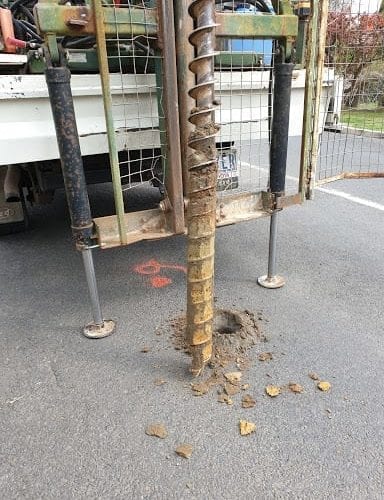
Waste Classification and ENM Assessment, Southern Highlands NSW
iEnvi was engaged by a local council in the Southern Highlands to conduct an insitu Waste Classification (WC) and...
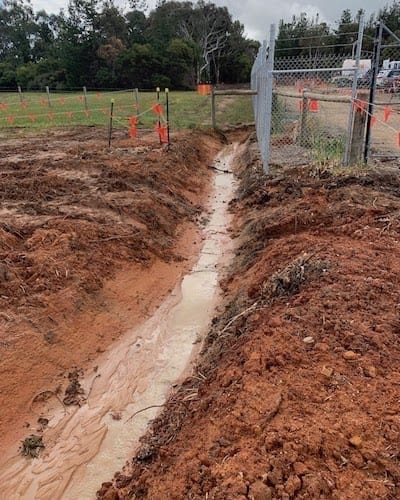
Erosion Sediment Control Plan (ESCP), Mornington Peninsula, VIC
Envi was engaged by a construction company to review and update the erosion sediment control plan (ESCP) as part of...
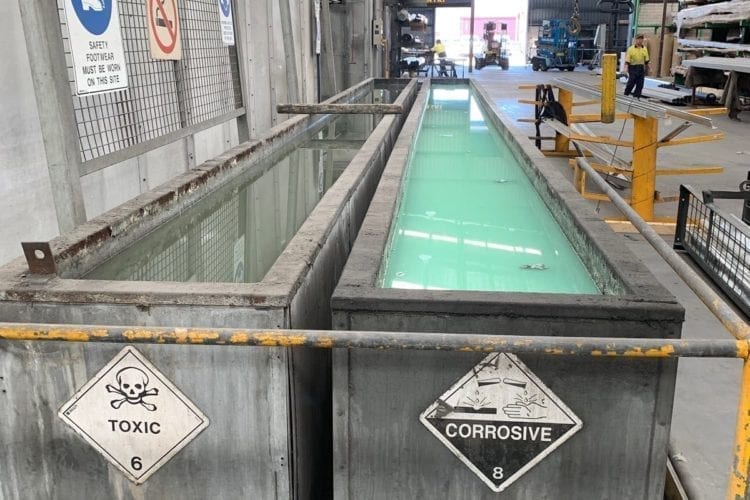
Urgent Preliminary Site Investigations for M&A, Multiple Sites QLD, NSW, SA
iEnvi was engaged by a law firm on behalf of a confidential client as part of merger and acquisition...
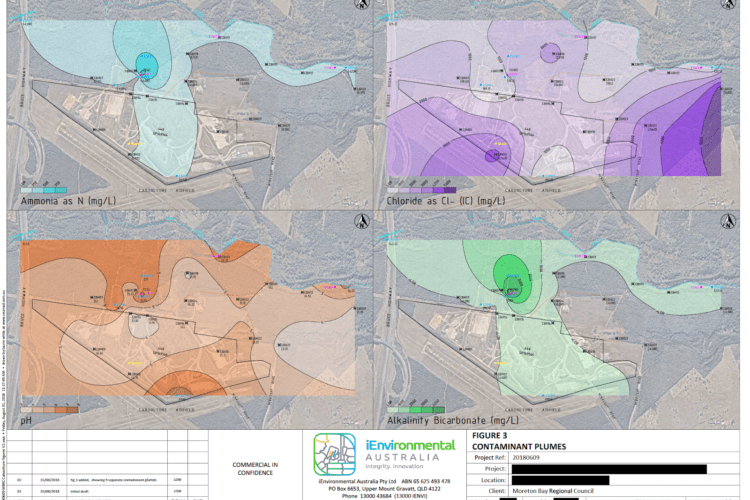
Groundwater and Hydrogeological Investigation of 5 Landfills, QLD
iEnvi was engaged by a Council north of Brisbane, QLD, to review environmental authority (EA) compliance, groundwater trends and risks...
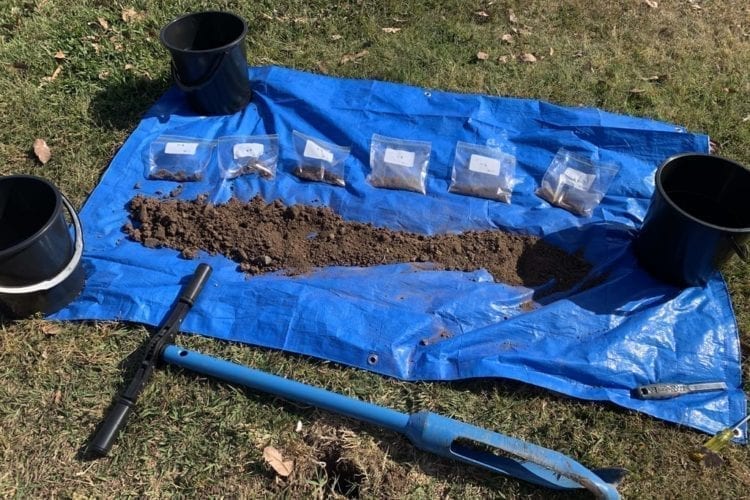
Targeted Soil Investigation and Insitu Waste Classification, Brisbane, QLD
iEnvi was engaged by a large construction company to conduct Targeted Soil Investigations and Insitu Waste Classifications (TSI/WC) in advance...
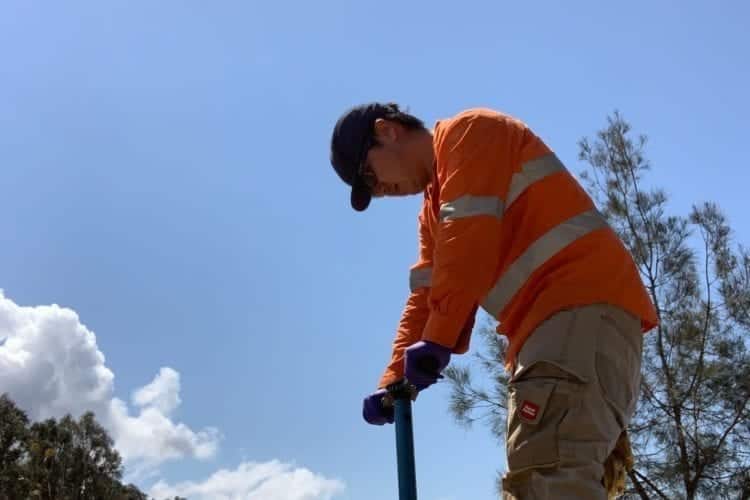
Targeted Soil Investigation, North of Brisbane, QLD
iEnvi was engaged to conduct a Targeted Soil Investigation (TSI) to delineate historical lead from a former rifle range, for...
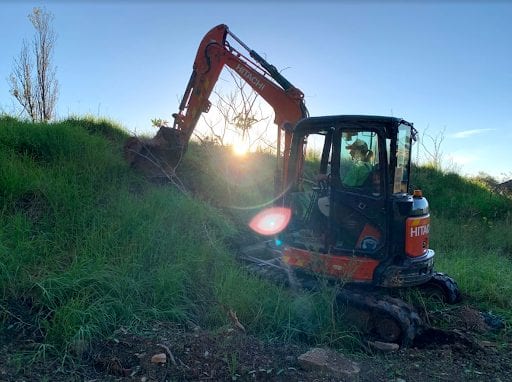
Soil Stockpile Reuse Investigation, Sydney NSW
iEnvi was engaged by an inner western Sydney Council to undertake a soil stockpile reuse investigation at a vacant property....
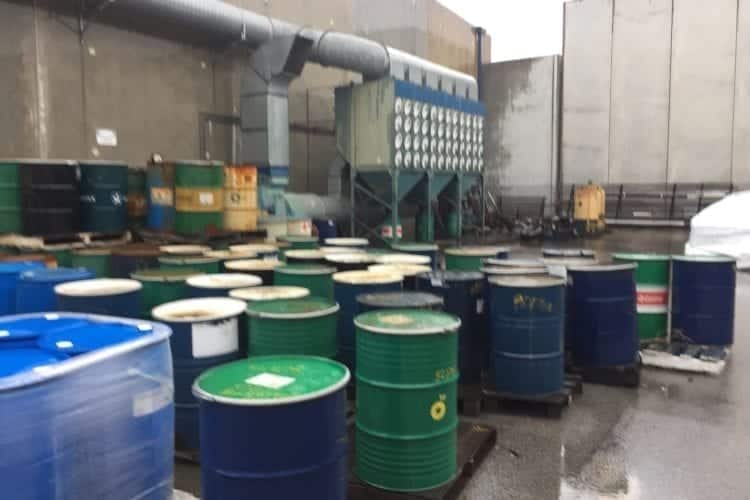
Preliminary Site Investigations for Potential Acquisition, VIC and WA
iEnvi was engaged by an international manufacturing company to undertake preliminary site investigations at two coatings manufacturing facilities in Victoria...
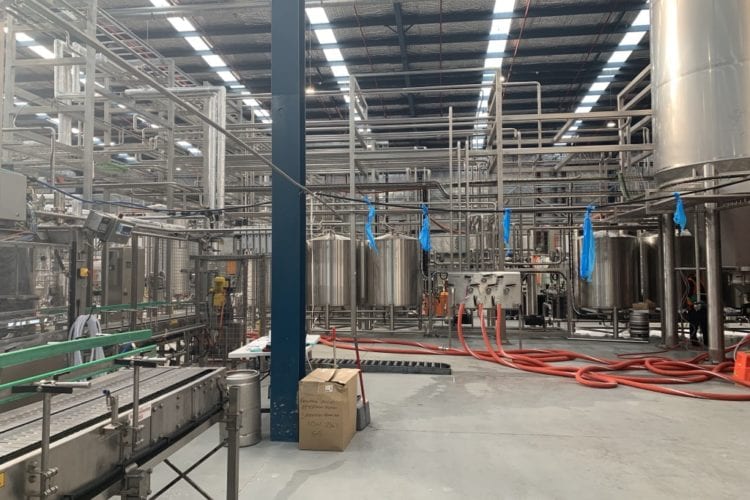
Environmental Management Plan for a Brewery and Wastewater Treatment Plant, Goulburn NSW
iEnvi was engaged by a brewing company to complete an Operational Environmental Management Plan (OEMP) for a new brewery...
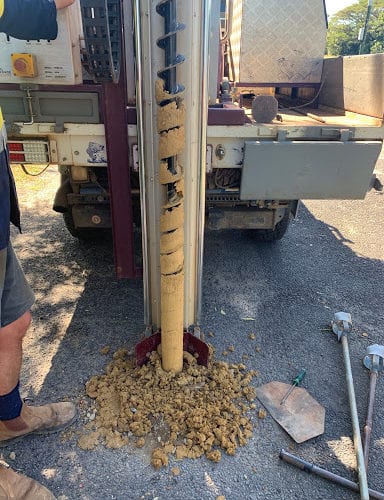
UPSS and Detailed Site Investigation for a Rural Service Station in Far North Queensland
iEnvi was engaged by a company to complete an Underground Petroleum Storage System (UPSS) and Detailed Site Investigation (DSI) for...
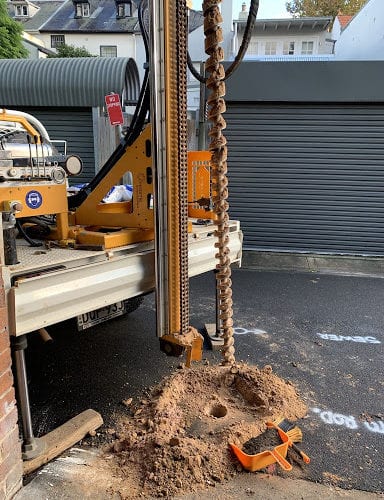
Law firm engagement for Preliminary and Detailed Site Investigation of Former Service Station, Inner Sydney NSW
iEnvi was engaged by a law firm to complete a preliminary site investigation (PSI) and underground petroleum storage system (UPSS)...
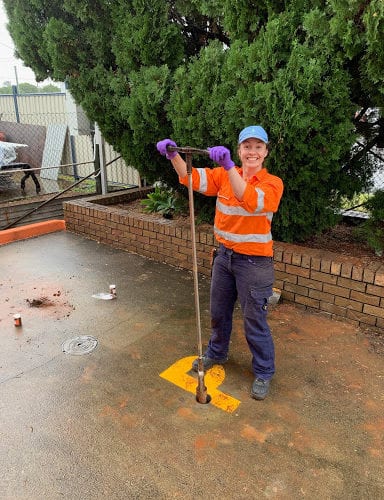
Preliminary Site Investigation of a mechanic workshop for finance approval, Wynnum QLD
iEnvi was engaged by a private company wishing to purchase a mechanic workshop in Wynnum, Queensland and a preliminary site...
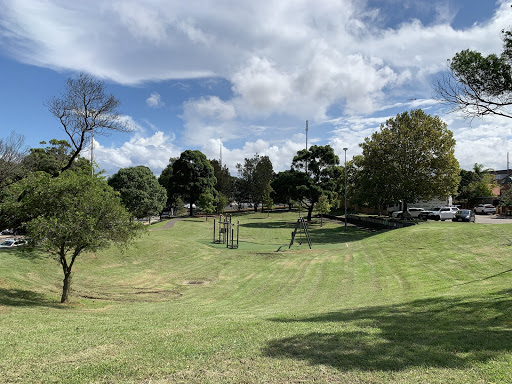
Innovative and cost-effective soil investigation, Sydney NSW
In early 2019, iEnvi completed multiple preliminary site and soil investigations at recreational use parks in inner Sydney suburbs prior...
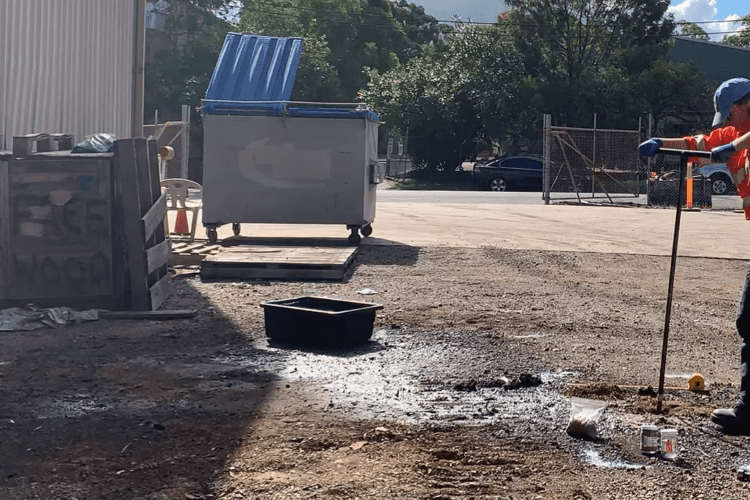
Cost Efficient Remediation for Hydrocarbon Contamination, Newcastle and Wollongong, NSW
iEnvi was engaged by a client’s legal department as part of a merger and acquisition due diligence to undertake preliminary...
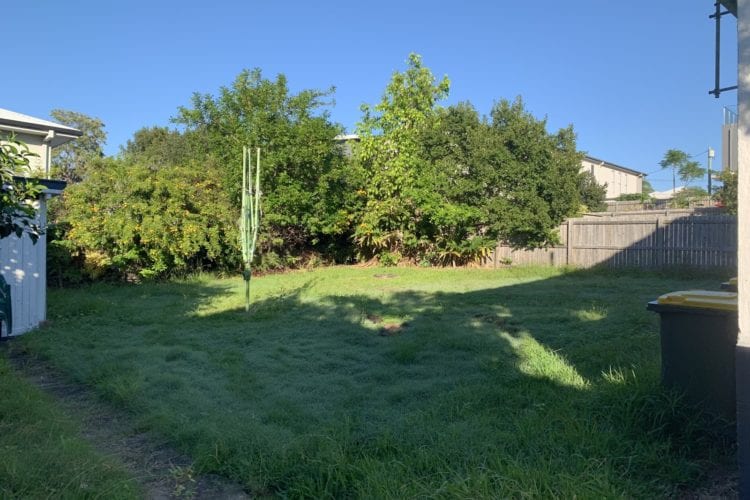
Soil Investigation and Potential Soil Reuse, Brisbane QLD
iEnvi was engaged by a childcare centre development company to undertake soil sampling at a residential site prior to the...
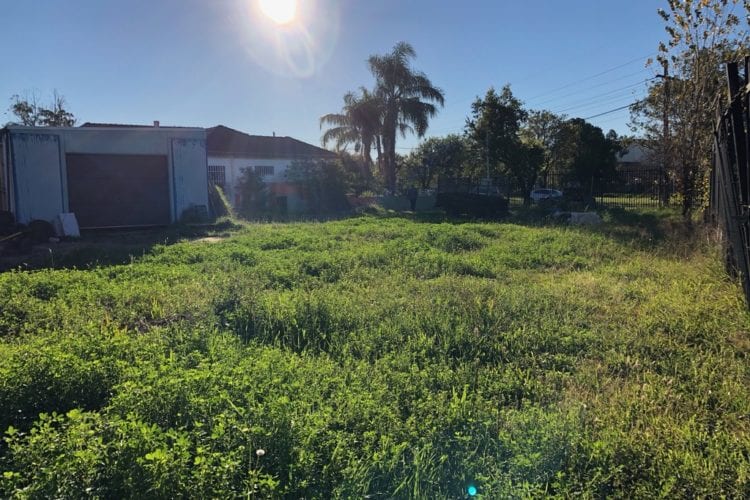
Housing Development Application, Sydney NSW
iEnvi was engaged by a client to undertake a preliminary site investigation and soil sampling (PSI) at a property in...

